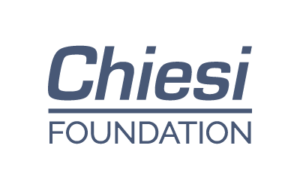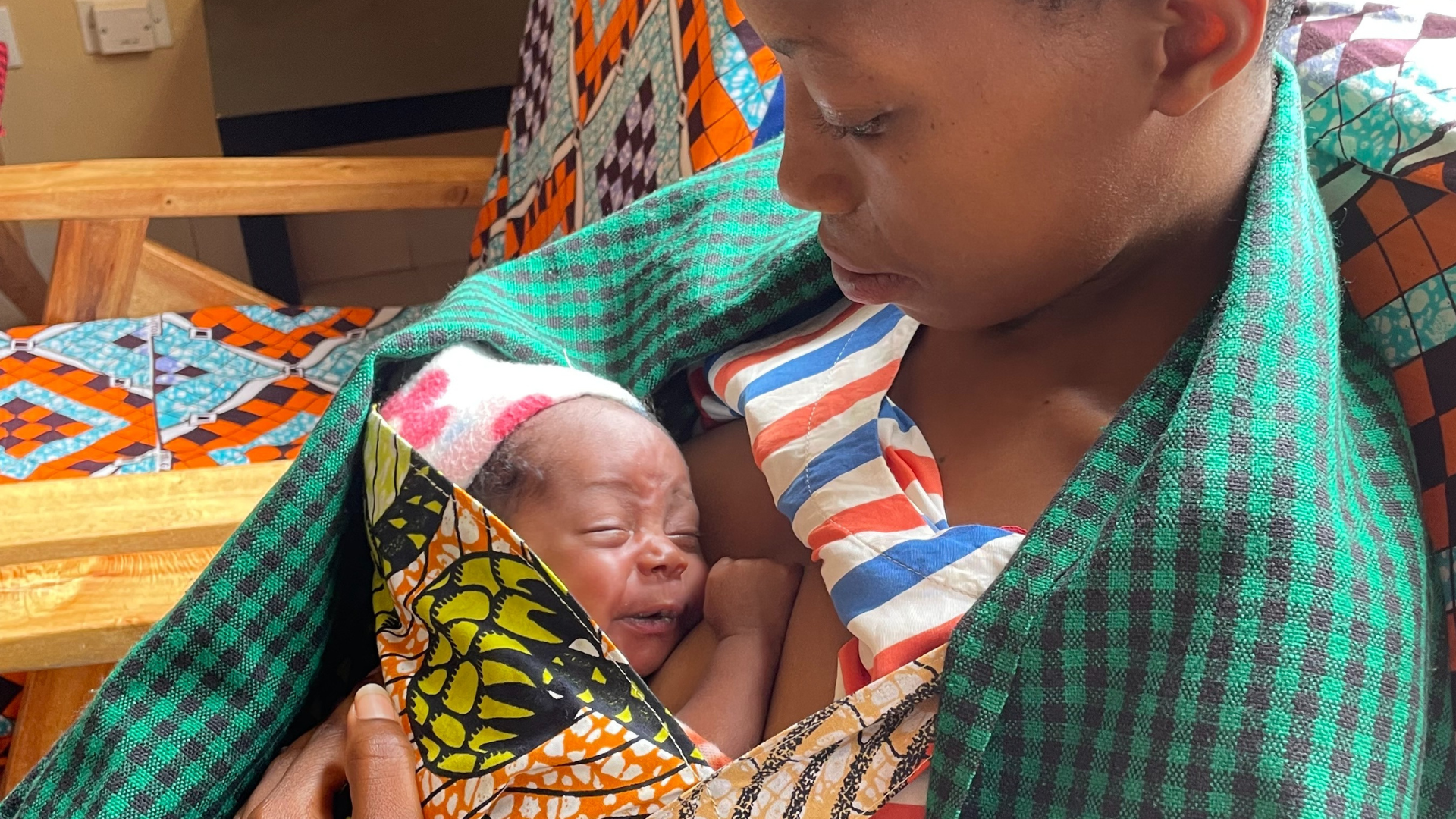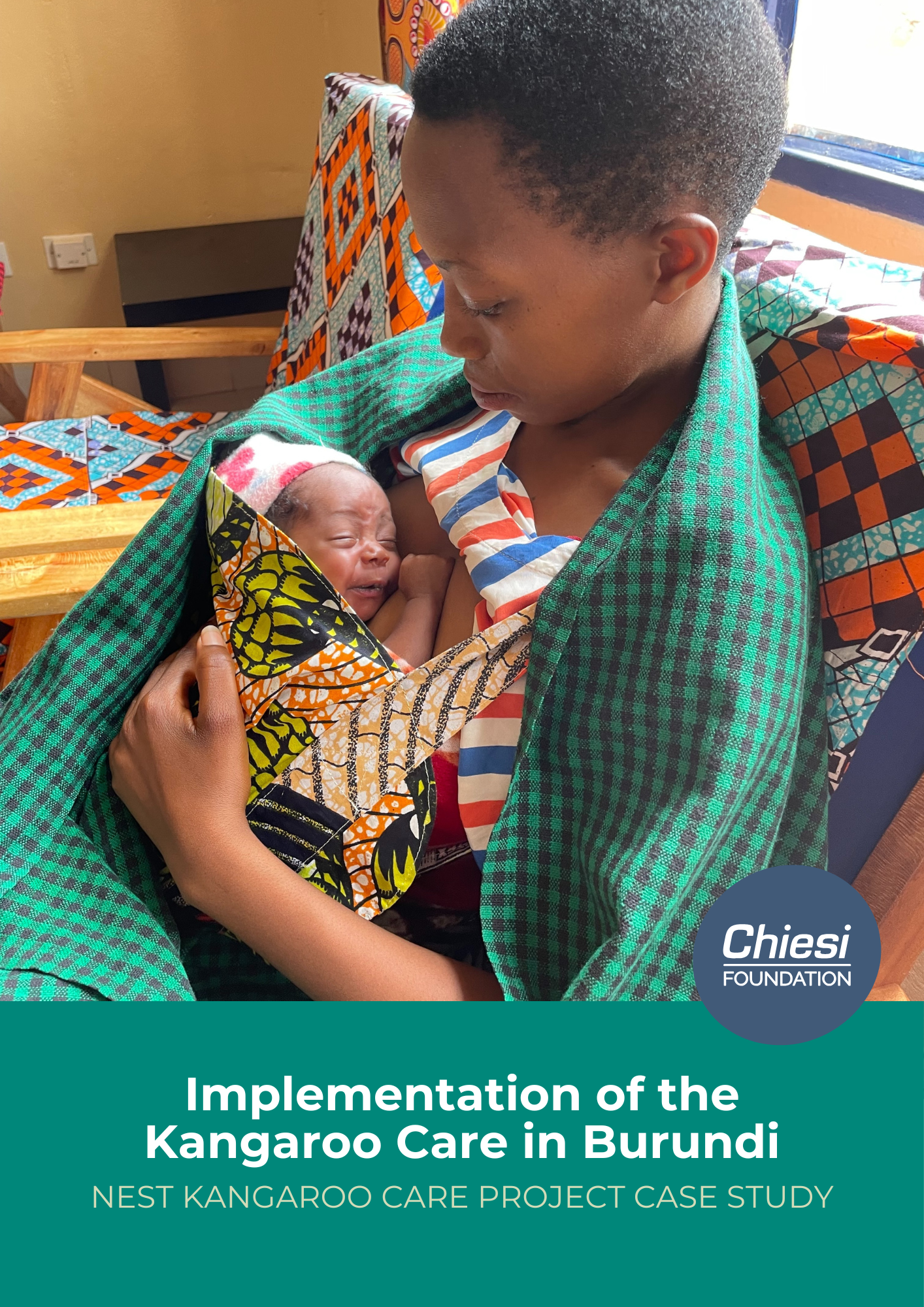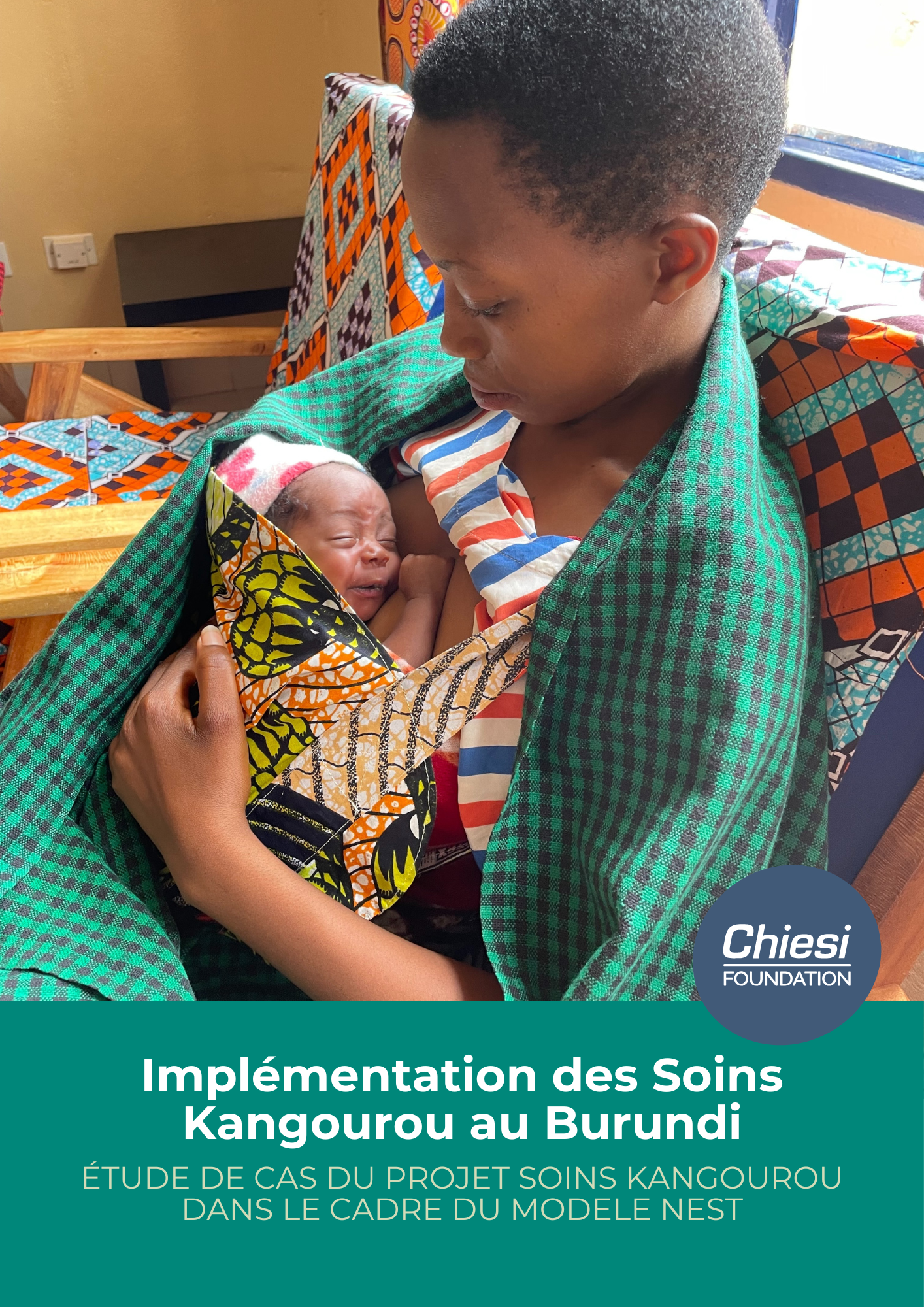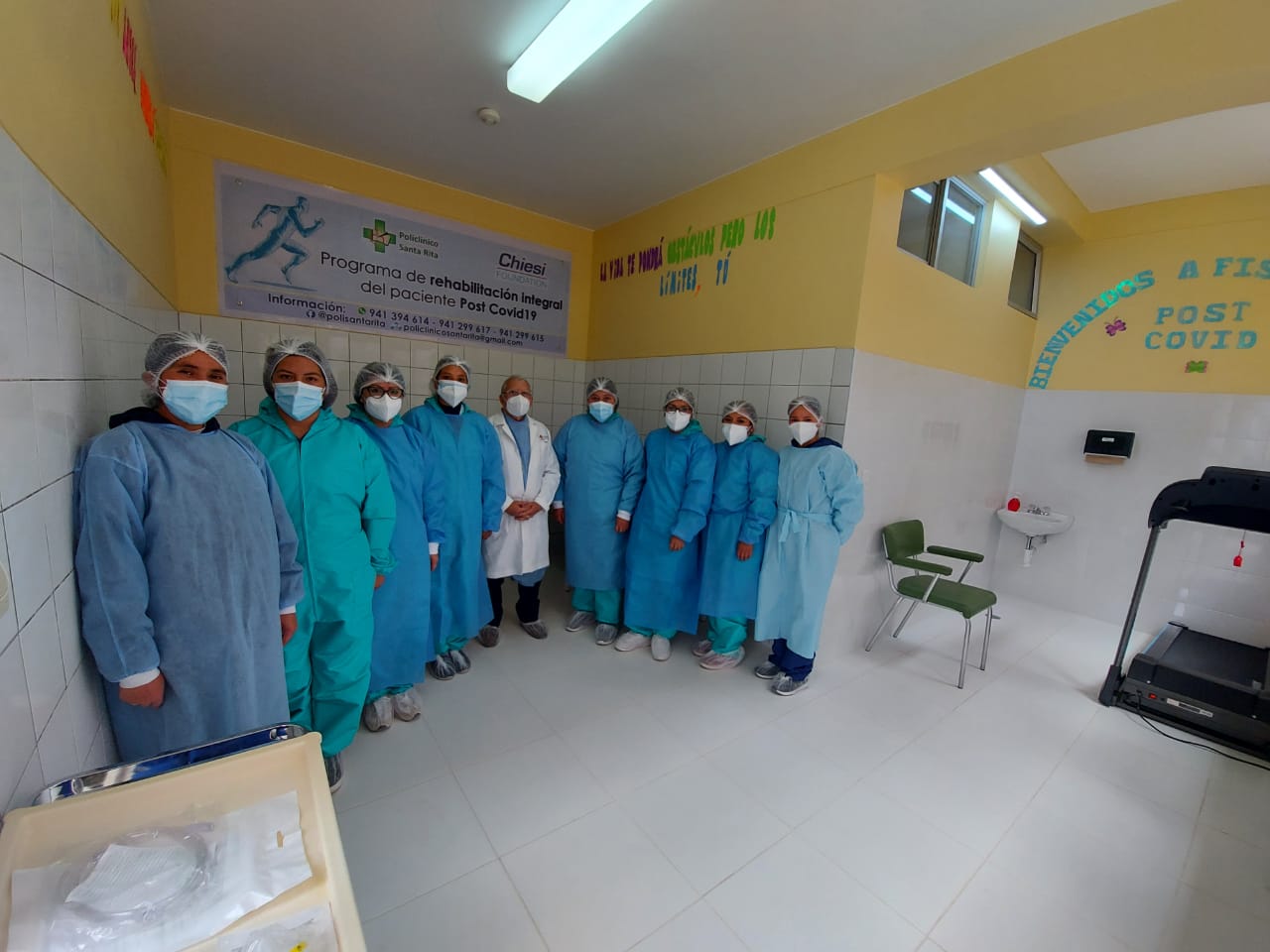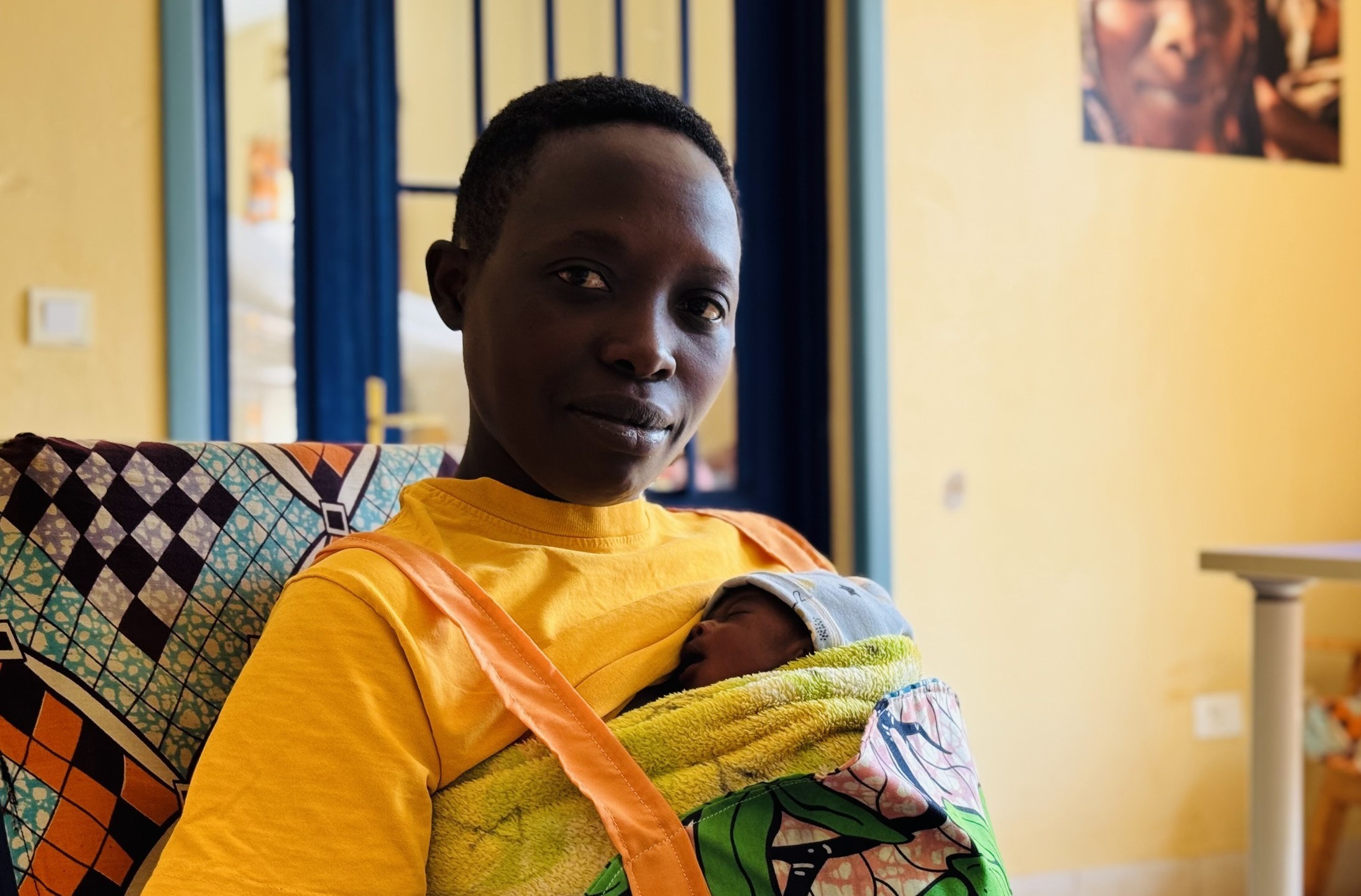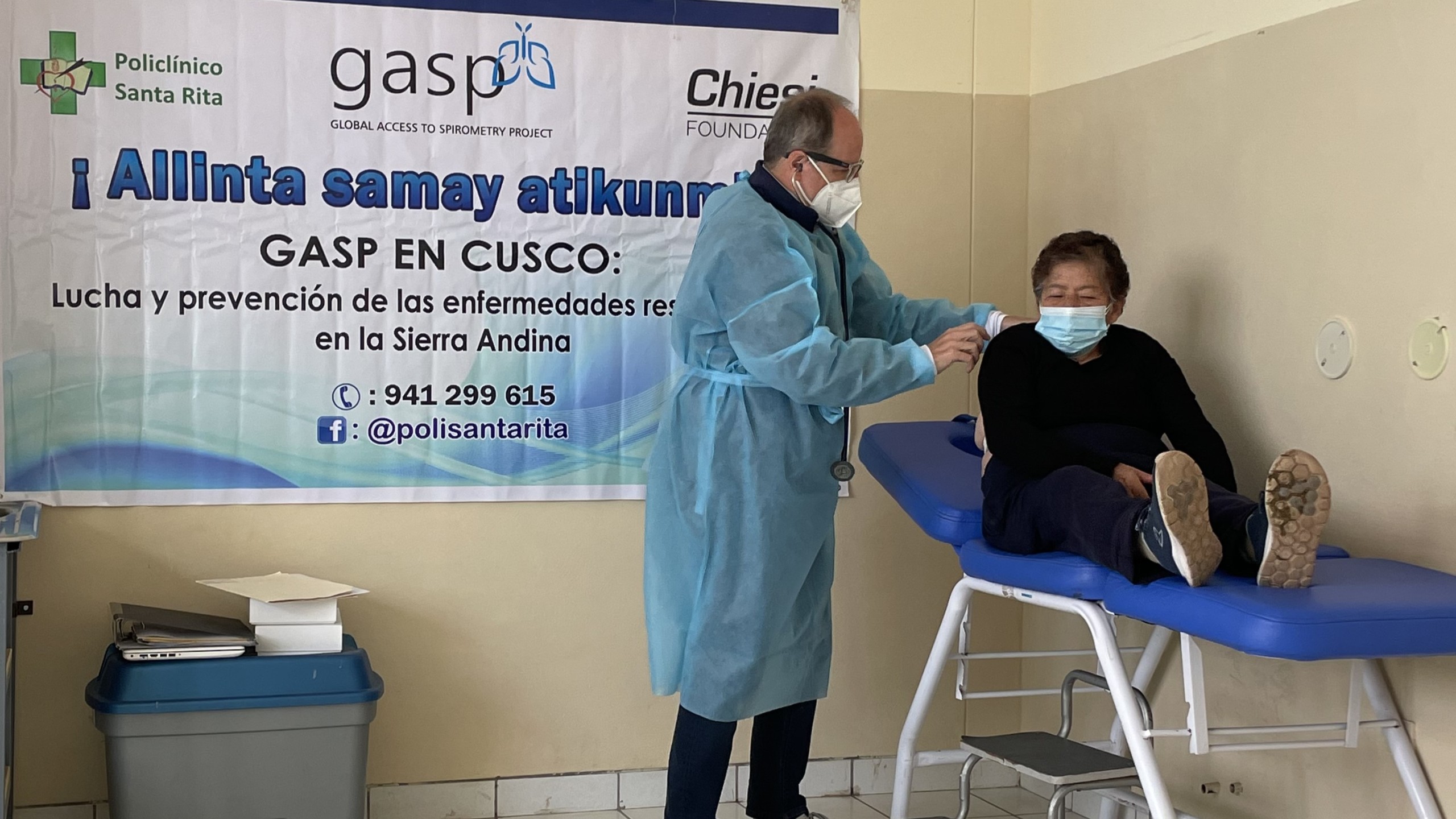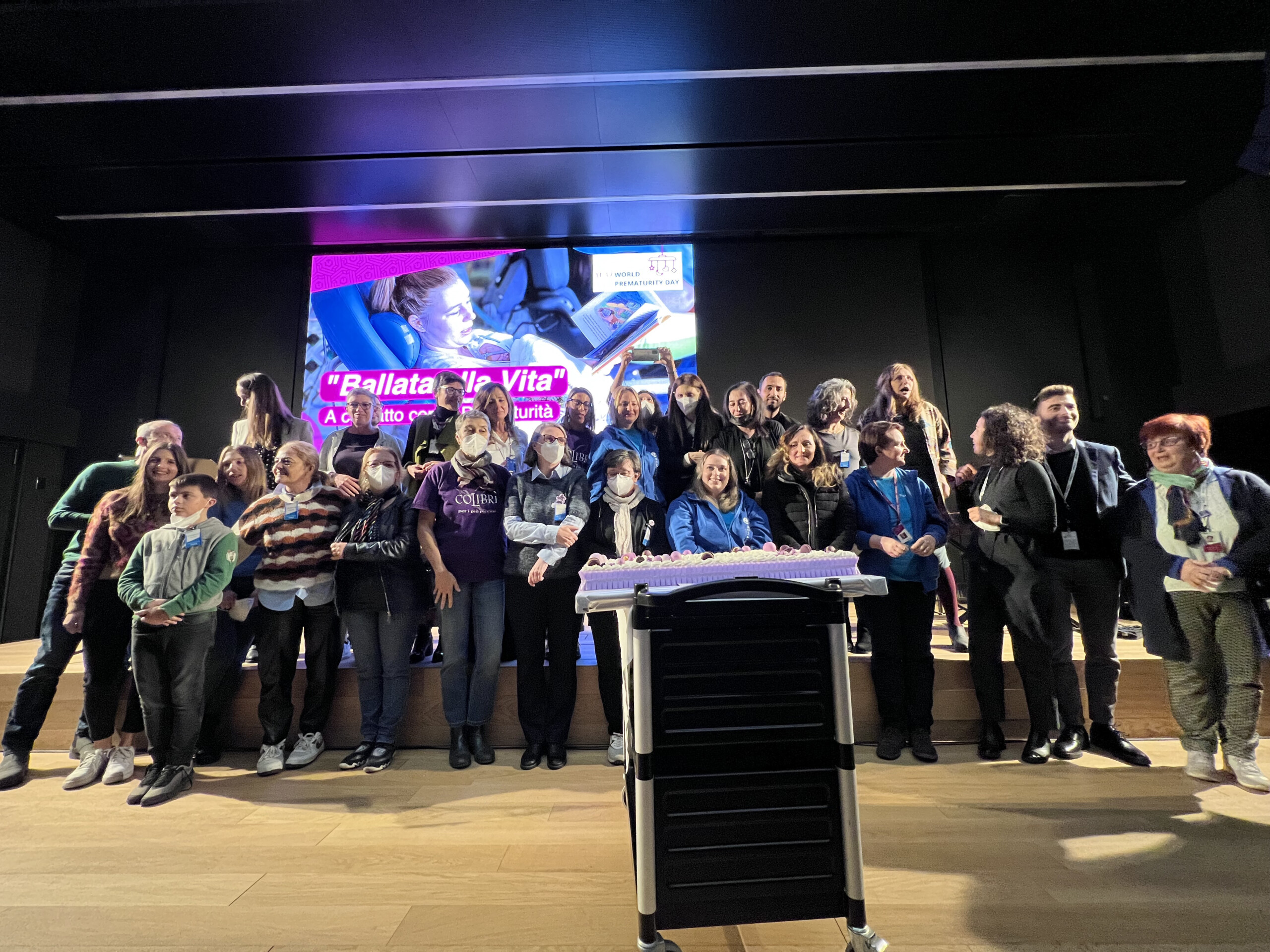by Lorenzo Picicco
Share
The Chiesi Foundation is pleased to present an in-depth case study on the deployment of Kangaroo Care (KC) within the framework of the Neonatal Essential Survival Technology (NEST) model at the Ngozi Regional Hospital in Burundi: “Implémentation des Soins Kangourou au Burundi”. This model aims to reduce neonatal mortality by enhancing the quality of care for premature and low birth weight newborns in sub-Saharan Africa, with a particular focus on francophone countries.
The case study is available in English and French.
NEST Model: a Definition
The NEST Model, developed by the Chiesi Foundation, represents an innovative framework aimed at enhancing neonatal care through the implementation of essential survival technologies and practices. This model prioritizes cost-effective, evidence-based interventions to support the health and development of newborns. A pivotal element is the integration of Kangaroo Care, which facilitates skin-to-skin contact between parent and infant to strengthen bonding, regulate the infant’s temperature, and improve overall health outcomes. This comprehensive approach seeks to reduce neonatal mortality and morbidity, especially in resource-limited environments, such as sub-Saharan Africa.
Goals and Context
Despite extensive global efforts, neonatal mortality remains a critical issue in resource-limited countries, particularly in sub-Saharan Africa, which accounts for nearly one-third of neonatal deaths. Many of these fatalities are preventable, as they often result from premature birth, perinatal complications, or infections such as sepsis, meningitis, and pneumonia. Since 2014, the Chiesi Foundation has been implementing interventions based on the NEST Model to tackle these challenges effectively.
This case study’s primary objective is to provide a concrete example of applying the NEST Model in Ngozi province and evaluate the outcomes of the partnership between the Chiesi Foundation and the Amahoro pro Africa Onlus in enhancing neonatal care at the Ngozi Regional Hospital. The study focuses on the dissemination of Kangaroo Care and gathers stakeholder perceptions regarding the collaboration between the organizations and hospital management.
Study Methodology
The descriptive cross-sectional study illustrates the functioning of the neonatal care service and the results of the Chiesi Foundation and Amahoro pro Africa’s collaboration since 2014. Key performance indicators (KPIs) were selected and evaluated retrospectively, focusing on the establishment of neonatal services from 2014/2015 and KC in 2019. The study, conducted by Rossana Urso, Consultant at WeWorld Onlus, involved field visits, interviews with various stakeholders, and an analysis of partnership agreements and project activities.
Results and Impact
Between 2019 and 2023, the Ngozi Regional Hospital emerged as a central player in providing neonatal healthcare services in the province. During this period, there was a notable increase in hospital births. In 2023, approximately 30% of the newborns admitted to the neonatology unit at Ngozi Hospital (both inborn and outborn) were premature. Additionally, 30% of the 143 newborns admitted to the Kangaroo Care Unit had a very low birth weight (under 1.5 kg).
Among the several notable outcomes achieved, we highlight that:
- Despite the increased number of live births at the hospital, mortality rates in neonatology have remained fairly stable, showcasing the care’s effectiveness.
- In 2023, at least 84% of newborns discharged from the KC unit met the discharge criteria, reflecting compliance by trained hospital staff.
- The mortality rate for newborns admitted to the KC unit remains very low, at approximately 2%.
- The average length of stay in the KC unit has increased, emphasizing the importance of maintaining newborns in the unit until they meet discharge criteria.
- Thanks to the training and the awareness-raising activities, the family, and in particular the mother-child bond, is now at the heart of care, and this concept is well integrated into neonatal care practice.
Institutional Recognition and Achievements
Ngozi Regional Hospital has achieved significant institutional recognition, establishing itself as a national point of reference for Kangaroo Care. This accolade is underscored by the validation of the hospital’s KC training manual and program at the ministerial level, as well as by the wider scientific community. The hospital’s efforts and advancements in neonatal care have been showcased extensively through national and international sector events, further solidifying its status as a leading center for Kangaroo Care in Burundi. This recognition reflects the hospital’s commitment to improving neonatal health outcomes and its pivotal role in shaping effective care models that can be replicated across the region.
Challenges and Recommendations
To enhance Ngozi Hospital’s role as a national reference for neonatology, it is crucial to advocate for more resources, improve equipment maintenance, and increase the availability of basic equipment. Establishing a monitoring framework for neonatal projects with dedicated personnel for monitoring, evaluation, and reporting is essential. Additionally, conducting surveys to assess training effectiveness and identify gaps among healthcare personnel, along with supporting the organization of neonatal death audits, will further strengthen the hospital’s capabilities.
At the institutional level, strengthening dialogue with institutional actors to allocate resources to Ngozi’s neonatology and addressing the sustainability of ongoing actions, particularly for the KC unit, are vital. Implementing a data collection system for newborns at the provincial level, aligned with the hospital’s system, is also necessary.
Conclusion
The NEST Model and the Kangaroo Care approach have significantly impacted neonatal health at Ngozi Regional Hospital. The Chiesi Foundation remains committed to refining and replicating this model across other healthcare facilities, contributing to life-saving efforts and enhancing the quality of neonatal care in Burundi and beyond.
